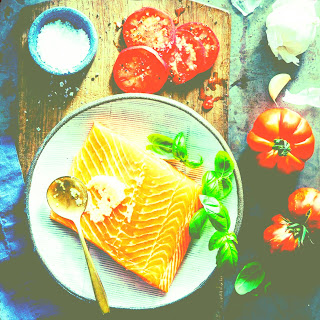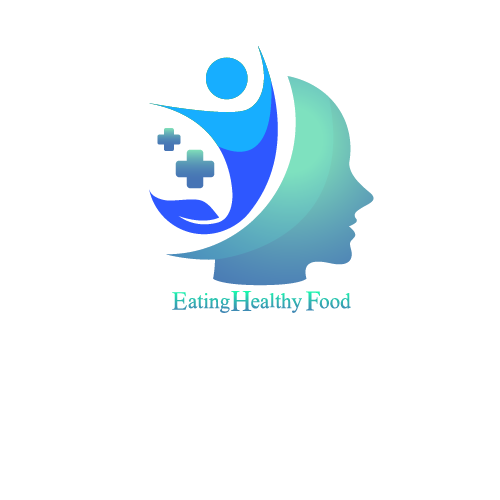Maintaining muscle is key to maintaining a healthy, active lifestyle at any age.
After age 50, muscle mass, specifically muscle in your legs, decreases by 1-2% each year, and strength by 1.5-5% per year, per the 2019 revised European consensus of sarcopenia published in Age and Ageing. This age-related muscle loss, called sarcopenia, can be reduced or prevented with two fundamental lifestyle changes: consuming the proper foods and including resistance training
Here we share foods to include to improve muscle mass, and we look at the impact that resistance training has on our muscular and bone health.
How to Eat to Gain Muscle
The foods you consume have a major impact on your body's ability to maintain or build muscle. Including enough dietary protein plays a big role in building and maintaining muscle mass. A 2018 study published in Nutrients found that to gain muscle, individuals would need to consume 1.6 g/kg of body mass in protein each day. For someone weighing 150 pounds (68. kg), this would equate to 109 grams of protein each day.
While protein is a key ingredient to muscle maintenance, it is not the only thing to consider. Research, such as a 2019 article published in Frontiers in Nutrition, indicates that we should take a holistic approach and focus on an overall healthy diet pattern. Registered dietitian and culinary expert Carolyn Williams, PhD, RD, agrees. "It doesn't matter how much protein you're getting if you're not getting adequate calories overall," says Williams.
By including complex carbohydrates, lean protein and healthy fats in your daily diet, you can ensure that your body is receiving the nutrients it needs to maintain and build muscle.
Williams recommends trying to consume four to five small meals at regular intervals throughout the day that provide approximately 20 to 30 grams of high-quality protein, along with complex carbohydrates and healthy fats, taking care not to exceed 40 grams of protein in any single sitting. "You have to have sufficient carbohydrates and overall energy," says Williams, "otherwise, the body will break down the protein you are eating to use for energy."
10 Best Muscle-Building Foods
Avocados
Avocados are an excellent plant-based source of monounsaturated and polyunsaturated "healthy" fats.
In addition to helping lower bad cholesterol (LDL) and raise good cholesterol (HDL), avocados have the highest source of protein of any fruit. They are an excellent source of magnesium and potassium, which support muscle recovery. Further, they provide a good source of folic acid, which according to a 2019 review published in Archives of Pharmacal Research, may have a positive impact on muscle development.
Beans
Beans are high in fibre, vitamins, minerals and plant-based protein and low in fat.
They are an excellent and economical source of leucine, one of the three amino acids used by muscles to give energy during exercise and thought to improve muscle growth.
Eggs
If you are looking for the perfect post-workout meal, you may want to include an egg.
Researchers found that after a resistance workout, those who consumed a whole egg, not just an egg white, experienced increased protein synthesis that may stimulate muscle growth, per a 2021 study published in The Journal of Strength and Conditioning Research.
Fatty Fish
Tuna, salmon, snapper and yellowtail are all excellent sources of omega-3 fatty acids, a type of polyunsaturated fat, that have been found to help reduce muscle loss and function and could actually increase muscle mass, per a 2020 article published in Frontiers in Nutrition.
Not a fan of fish? Try a fish oil supplement instead.
Greek Yogurt
Full of protein and gut-healthy probiotics, non-fat, plain Greek yoghurt is an excellent choice for those looking to maintain or build muscle and reduce body fat.
A 2019 study published in Frontiers in Nutrition found that participants who included non-fat, plain Greek yoghurt as part of a post-exercise meal saw greater strength, muscle thickness and body composition than those who received a no-protein snack.
Be sure to skip the blended, flavoured yoghurts as they often have high amounts of added sugar that would negate the potential health benefits.
Oatmeal
Whole grains are an excellent source of complex carbohydrates that your body needs for energy. Oatmeal provides a healthy mix of carbohydrates, plant-based protein, fibre and nutrients that will help to keep you full longer between meals.
As with Greek yoghurt, remember to skip the flavoured oatmeal, as it is often high in added sugar. Go for plain oats instead, and try adding dried fruit for added vitamins and a hint of natural sweetness.




.jpeg)





0 Comments